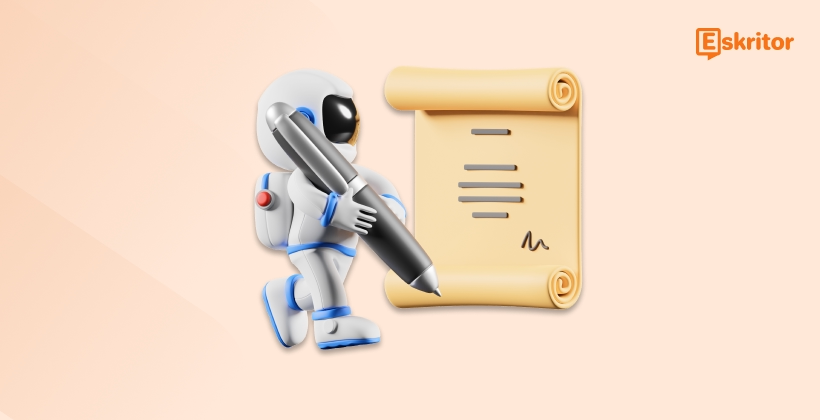Top AI Writing Tools to Boost Productivity
Top AI Writing Tools to Boost Productivity
Blog Article
The Future of AI Writing Technology Explained
As artificial intelligence (AI) evolves, it remains to revolutionize exactly how we approach modern editing practices. From grammar modification tools to sophisticated material technology tools, AI Editing is reshaping the way authors, writers, and creators improve their work. That website considers the role AI represents in contemporary modifying and the influence it has across industries.

AI-Powered Methods Major the Cost
AI-powered tools are becoming an vital element of editing workflows. Software fueled by normal language processing (NLP) and device learning can perform jobs like syntax checks, stylistic suggestions, and phrase restructuring with unbelievable rate and accuracy.
As an example, AI-based syntax pieces can recognize errors that the eye may neglect, such as subject-verb agreement dilemmas or dropped modifiers. Equally, type innovations produced by AI make certain that tone and flow align with the intended market, that will be important for skilled editors.
These instruments aren't just restricted to standard grammar corrections. They are designed for improving readability, transforming inactive style to effective voice, and actually paraphrasing entire paragraphs without adjusting the meaning.
Performance Matches Time Savings
Studies reveal that the utilization of AI resources may lower editing time by as much as 30%. Rather than poring over every phrase physically, authors may concentration their efforts on innovative and proper aspects of content. This shift allows experts to manage larger quantities of text in shorter times, which can be especially important for industries like writing and electronic marketing.
Additionally, predictive AI functions may highlight repeating mistakes, helping authors improve their abilities around time. For companies, that means less methods spent on changes and more refined components from the start.
Increasing Supply and Globalization
AI's role in contemporary modifying extends beyond efficiency. Advanced translation and localization tools allow makers to adjust material easily for world wide audiences, breaking down language barriers with precision. This technology guarantees that the same message can resonate with cultures world wide while preserving their authenticity.
AI also improves inclusivity standards by increasing availability in content. Like, calculations may recognize perhaps non-inclusive language and suggest alternatives. That capacity allows authors to improve publishing so that it resonates with diverse audiences.

Impressive a Balance Between AI and Human Creativity
While AI excels in rate and reliability, it doesn't replace individual editors. Models frequently lack the capability to understand nuance, sentiment, or cultural context fully. The perfect process combines AI's efficiency with individual imagination and understanding, causing really exceptional work.
By leveraging these technologies in contemporary editing techniques, builders and authors alike may generate supreme quality material that aligns with the fast-paced needs of today's digital world. AI could be the future of modifying, however the individual feel will be needed for storytelling and connection. Report this page